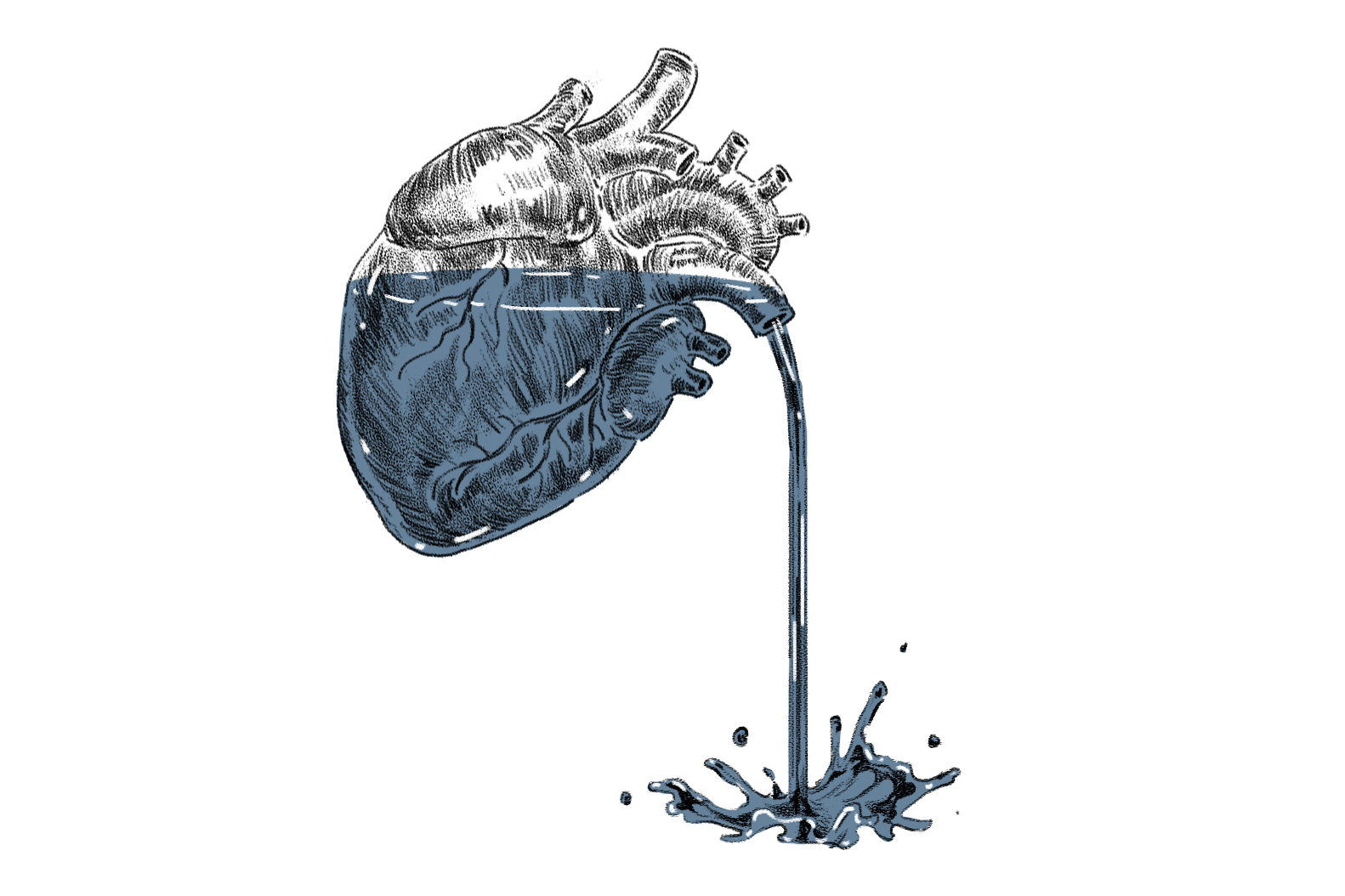In one of his classics, Mere Christianity, C.S. Lewis wrote, “Everyone thinks forgiveness is a lovely idea until he has something to forgive.”
Thing is, we don’t always agree on what forgiveness really means. Some believe that forgiveness shouldn’t hinge on how the offender responds.
Others think it right only to forgive someone after they have admitted their mistake and paid the price. They argue that it would be wrong to forgive someone who is unrepentant, as letting them go without consequences encourages them to continue in their wrongdoings. Unconditional forgiveness is thus seen as an act of injustice.
Why is forgiveness so hard?
The problem with how the world views forgiveness is that it will either trap you in resentment or in pride. It is a view that will never set you free.
If we see someone’s remorse or compensation as the prerequisite for our forgiveness, we will always be trapped in bitterness and resentment. We will never fully let go of someone’s wrongs because they will always be “indebted” to us.

On the other hand, extending forgiveness while thinking that we are the “bigger person” can all too easily lead to pride and self-righteousness. We put ourselves on a moral high ground. We judge whether someone deserves our forgiveness and then we decide whether or not to dispense it.
Forgiveness thus becomes almost a sort of way to elevate ourselves!
Both of these perspectives are not how the Bible describes forgiveness. The Bible calls us to forgive not because people have earned it or we are on a moral high ground – but simply because we have first been forgiven by God.
We don’t forgive because we are good. We forgive because we are just as bad. At the root of it, we are all sinners and we all need forgiveness – made possible because of what Jesus has done for us on the cross.
Forgive as you have been forgiven
“For if you forgive other people when they sin against you, your heavenly Father will also forgive you. But if you do not forgive others their sins, your Father will not forgive your sins.” (Matthew 6:14-15)
Biblical forgiveness calls us to first recognise our standing as a sinner in need of grace. Hence, giving grace is less an option than it should be a natural response from someone who has first been forgiven.
What Jesus is calling for here isn’t just the act of choosing to forgive; He is looking at the heart (Matthew 18:35). Someone who refuses to forgive, also fails to appreciate how God has forgiven him.
For anyone who has received forgiveness from God, harbouring unforgiveness in his heart would simply be inconsistent with the grace he has already received.

Pain, patience and promise
Of course, choosing forgiveness isn’t necessarily easy. Forgiveness, in its nature, is to absorb the cost caused by our perpetrators, and to let them go without compensation.
In his last book, Forgive: Why Should I and How Can I?, Timothy Keller writes that “Forgiveness is granted (often a good while) before it is felt—not felt before it is granted. It is a promise to not exact the price of sin from the person who hurt you.
“It is likely you have always thought, ‘Well, I have to feel it before I grant it. I have to start feeling less angry before I start to not hold them liable.’ If you wait to feel it before you grant it, you’ll never grant it; you’ll be in an anger prison.”
As believers, we can know that forgiveness is a choice made with a hope and a promise.
The hope is that, as we emulate Christ and release forgiveness, those who have sinned against us will one day receive ultimate forgiveness from Jesus.
And the promise? Jesus will return one day to make all things right, so we don’t have to take things into our own hands.
Waiting with hope, we can be set free from the prison of hatred, anger and unforgiveness.

“Forgiveness’s purpose here is not to humiliate, defeat, or drive out sinners, but to correct and restore them. It is often easier to turn a blind eye to sin in the community. The admonition of fellow believers requires the church to function as a body in the costly work of reconciliation.” (James R. Edwards, The Gospel According to Luke)
Choosing forgiveness in the space between a fresh wound and its healing may feel painful, unfair, uncertain.
Not knowing how it’ll all turn out is very difficult – that’s something Jesus’ disciples would well know, waiting on that Silent Saturday some 2,000 years ago.
But hope in Jesus and hold on to what He has promised.
This is not the end. God’s not done yet. He will return one day to wipe away every tear, and there will be no more pain, death or mourning (Revelation 21:4).
So, take heart. We can trust that He will make all things right.
- Do you struggle to forgive? Why or why not?
- What is one step you can take towards the freedom of forgiveness today?
- Do you know someone who is in need of hope? Be a blessing to them today!









